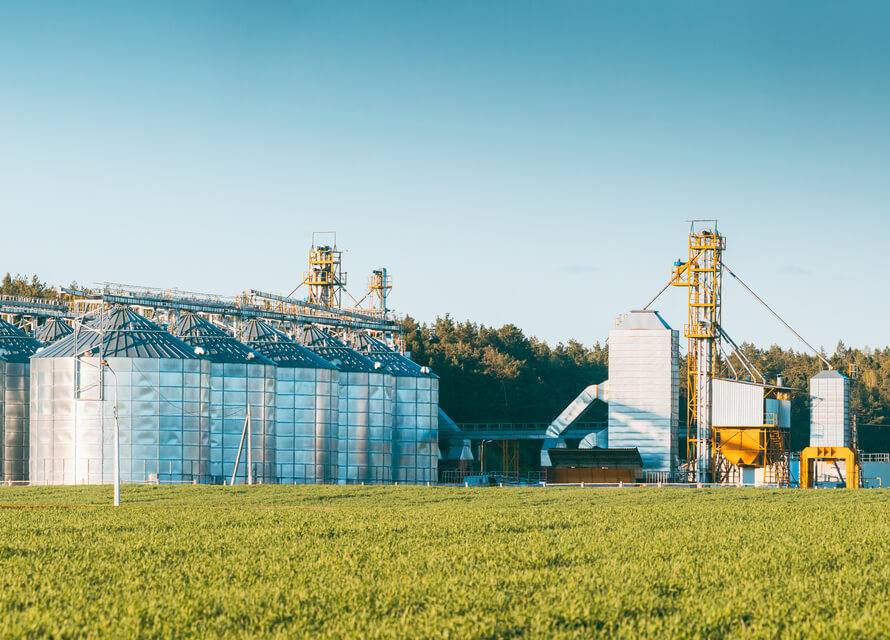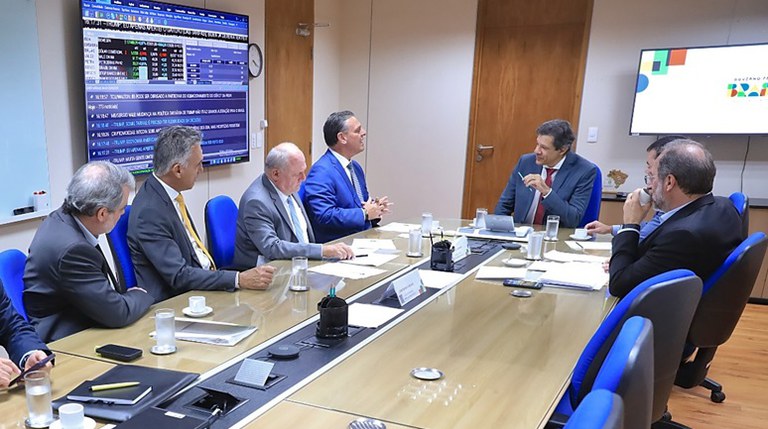The president of the 30th United Nations Climate Change Conference (COP30), Ambassador André Corrêa do Lago, released a letter last Monday (10) in which he makes a global call against climate change. The document highlights the need for international cooperation to accelerate implementation, as well as solutions, in a new decade of global action to combat the climate crisis.
“The idea of the letter is to invite the international community to embrace the idea of COP30 and it is also an invitation for the international community to react and help us structure the best possible agenda for the Conference. Brazil cannot believe, on its own, that it will present solutions for COP30, quite the opposite. The idea of the Conference is negotiation, and negotiation is by consensus, that is, everyone has to agree for the texts to be approved,” highlighted the ambassador during a conversation with the press at the Ministry of Foreign Affairs, on Monday morning.

Photo: Valter Campanato
The document reinforces the need to strengthen multilateralism at a time of great complexity on the international scene. With intensified geopolitical disputes, challenges in climate finance and disagreements over the implementation of the Paris Agreement, environmental negotiations face obstacles that go beyond technical issues.
“We want to increase the strength and relevance of multilateralism, because we are in an extremely complex international moment. In these months of preparation for COP30, we really want to connect civil society and everyone in general, to overcome the abstraction that exists in these negotiations, and see how these negotiations really affect people's lives. And the third point that we consider very important is to accelerate the implementation of the Paris Agreement,” the ambassador pointed out.
crowd-sourcing
In the letter, the COP30 president calls on the world to act urgently in a “mutirão” against climate change. The word “mutirão”, from the Tupi-Guarani language, refers to a community that comes together to work on a shared task, whether harvesting, building or supporting each other. “Together, we can make COP30 the moment when we turn the tide, when we put into practice our political achievements and our collective knowledge about climate to change the course of the next decade,” Corrêa do Lago said in the document.

Photo: Disclosure/OPR Archive
The call coincides with the confirmation that 2024 was the hottest year on record and the first in which the global average temperature exceeded 1.5°C above pre-industrial levels. COP30, therefore, must be a turning point in the fight against climate change, with the coordination of efforts between governments, companies, markets, small businesses, scientists, academics and technological innovators, among others. “Now, we are not only hearing about climate risks, we are also living the climate urgency. Climate change is no longer contained in science and international law. It has arrived at our doorstep, affecting our ecosystems, cities and daily lives,” the text says.
“Change is inevitable – whether by choice or by catastrophe. If global warming is not controlled, change will be forced upon us, disrupting our societies, economies and families,” said the COP30 President. “Change by choice gives us the chance for a future that is not dictated by tragedy, but by resilience and agency towards a vision of our own making.”
Goals
According to Corrêa do Lago, there has been significant collective progress, but much still needs to be done to meet the 1.5ºC target. According to the ambassador, it is necessary to pull all possible levers to align efforts with the long-term objectives of the Paris Agreement regarding temperature, resilience and financial flows, for example.
The document also calls for recognizing the need to act as quickly as possible to address the urgency of climate change. “We must recognize that issues considered ‘problems’ can emerge as important ‘solutions.’ When we gather in the Brazilian Amazon in November this year, we must listen carefully to the most advanced science and reassess the extraordinary role already played by forests and the people who preserve and depend on them,” stressed the COP30 president.




